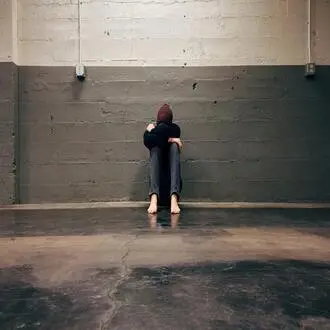Transcription The mind-body connection and the relaxation response
Anxiety, although often experienced as a mental phenomenon (worries, fears), has a very clear and powerful physical manifestation.
The body and mind are intimately connected, and just as anxious thoughts can trigger a physiological stress response, we can also use the body to influence the mind and promote a state of calm through the relaxation response.
Mind-Body Interaction in Anxiety
When we perceive a threat, real or imagined, our brain activates the sympathetic nervous system, triggering the "fight or flight" response.
This causes a series of physical changes such as increased heart rate, muscle tension, accelerated breathing, etc.
These physical symptoms, in turn, can be interpreted by the mind as confirmation of danger, intensifying anxious thoughts and creating a vicious cycle.
Understanding this interconnection is the first step in learning how to manage it.
If we can influence the body's physiological state by inducing a relaxation response, we can also influence our mental and emotional state.
The Relaxation Response as an Antidote
The relaxation response is the physiological opposite of the stress or "fight or flight" response.
It involves the activation of the parasympathetic nervous system, which promotes calmness, a slowing of the heart and breathing rates, muscle relaxation, and an overall feeling of ease.
Relaxation techniques are a set of strategies designed to deliberately activate this relaxation response.
Their aim is to counteract the physiological effects of anxiety and stress, and to provide the person with tools to reduce tension and regain a state of balance.
Importance of Relaxation Techniques
Learning and regularly practicing relaxation techniques is essential in managing anxiety for several reasons:
- They reduce physiological arousal: They help reduce symptoms such as palpitations, muscle tension, or labored breathing.
- They break the vicious cycle: By calming the body, they can help calm the mind and reduce the intensity of anxious thoughts.
- They increase the sense of control: They provide the person with active tools to influence their own state, which can be very empowering.
- They improve general well-being:A more frequent state of relaxation contributes to better physical and mental health, and a higher quality of life.
There are various relaxation techniques, such as diaphragmatic breathing, progressive muscle relaxation, visualization or meditation, each with its own particularities, but all aimed at activating the body's natural relaxation response.
mind body response relaxation connection




